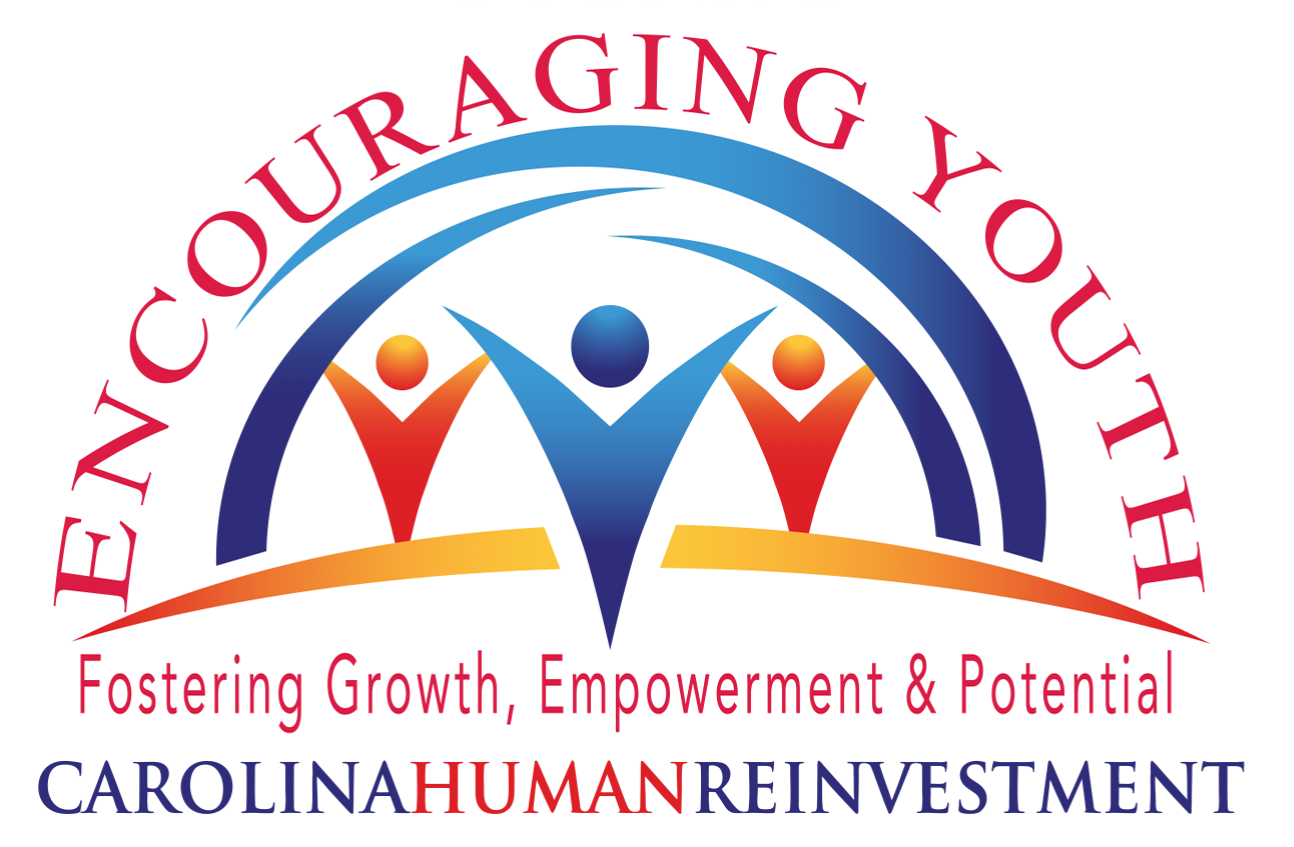Self-Awareness
Family Resources on Learning From Mistakes
Lesson Topic
Students will discuss strategies for learning from mistakes and learn that mistakes are normal opportunities to learn.
Essential Question
How can I learn from mistakes, particularly in post-secondary pursuits?
Learning from Mistakes
If this lesson was used in the classroom: Students analyzed how some mistakes can be turned into learning opportunities. In class students discussed common mistakes that some youths make and how to learn from those mistakes. In groups, students developed a “top ten” list of common mistakes that high school students make and assessed how to learn from those mistakes (unless the mistake listed was dangerous or unsafe).
Getting Ready for the Conversation
The video for this module features several high school aged students who discuss their thoughts on making mistakes and learning from those mistakes.
Conversation notes:
Finding a balance between allowing adolescents to make mistakes and preventing dangerous choices is one of great dilemmas for parents and mentors.
The American Academy of Pediatrics offers tips for parents:
https://www.healthychildren.org/English/ages-stages/teen/Pages/Next-Stop-Adulthood-Tips-For-Parents.aspx
Child psychologist Carl Pickhardt, Ph.D. also discusses adolescents and mistakes at Psychology Today:
https://www.psychologytoday.com/us/blog/surviving-your-childs-adolescence/201710/adolescence-and-the-positive-power-mistakes
Constructive Conversation Starters
The first item is for follow-up after viewing the lesson video and participating in class activities.
What were some of the mistakes your group discussed? Do you think these are common mistakes that high school students make? What can be learned from these mistakes? Describe why, using examples.
Tell about a mistake you have made and what you learned from it. Could you have learned what you did without making the mistake first? Why or why not?
Why is it important to discuss your mistakes with others? How does discussion aid in learning from mistakes?
School to Home Resources on Learning From Mistakes
Lesson Plan
Interactive Reflections and Lesson Plans often cover broader themes than the competency named. All CWK stories are multi-faceted and are meant to prompt deep conversation.
Interactive Reflection > Open/Download Complete PDF Lesson
Where will your interests take you?
The president of High Point University, Dr. Nido R. Qubein says “make sure that you have a balanced educational program. Of course, you emphasize academics, of course you want to excel inside the classroom, and outside of the classroom as well”. What are some examples of how you can excel outside of the classroom? Why do you think that Dr. Qubein says it is important for college students to excel outside of the classroom?
What to expect as a college freshman
In the video Chandler says, “we’re trying to figure out what our passions are, what we want out of life, we should be able to do that we should be able to experiment”. What are some interests that you have that you feel you need to learn more about? What is your college and/or post-secondary plan to learn about and refine your interests? What resources are available to help you?
Many options exist for learning after high school
Take a look at this page and video on the BigFuture webpage with comments from Charlinda. Charlinda discusses her freshman year experiences. Think about your college planning. What areas of your plan do you feel good about? What are some things you may not have considered? What adjustments and resources do you need to be working on?
Many options exist for learning after high school
Additional Reflection Questions > Open/Download PDF



